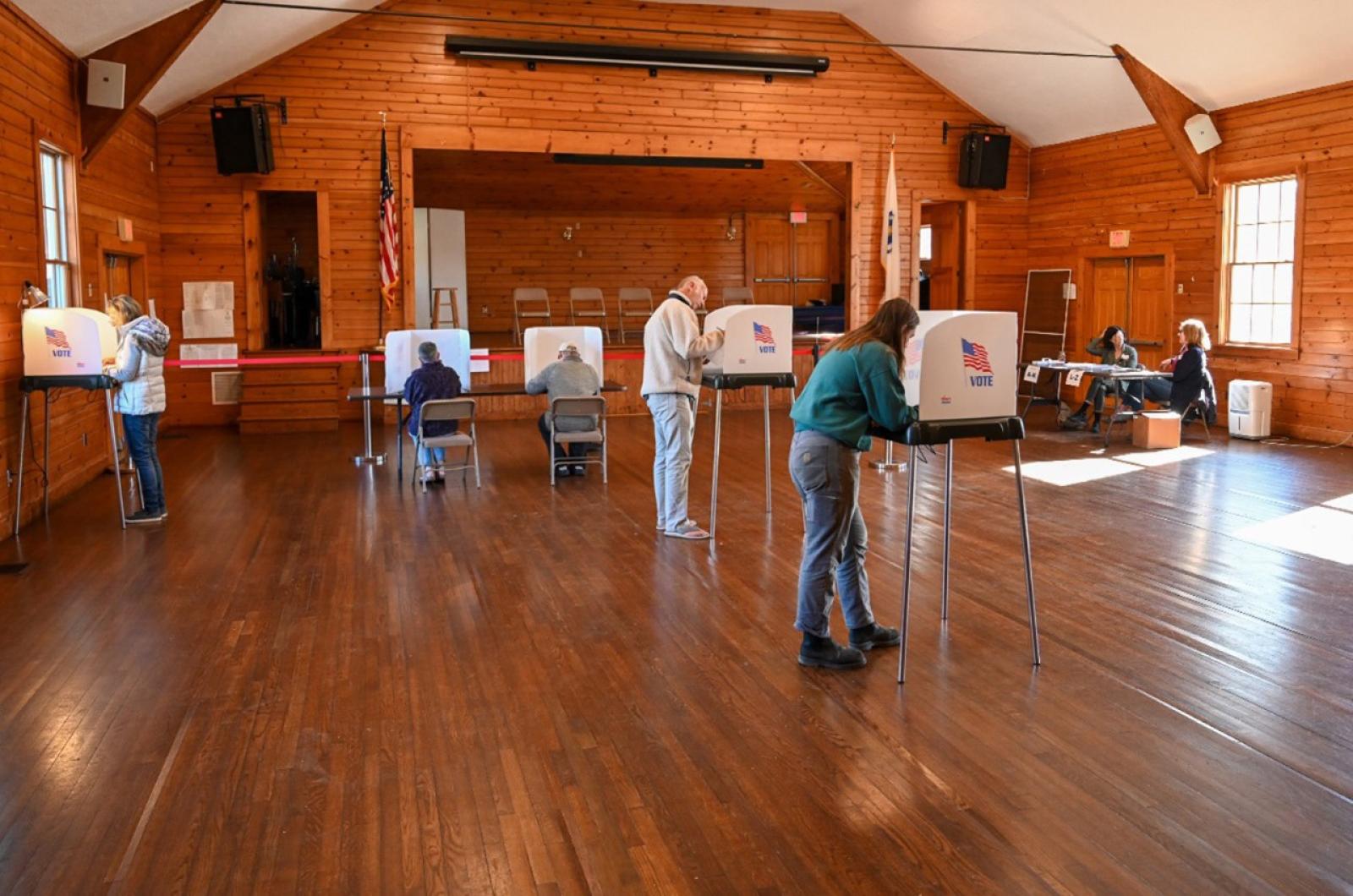Chilmark voters will pick a new select board member today in the town’s annual election and Aquinnah residents will weigh in on a $2 million regional high school building feasibility study tonight at a special town meeting.
Voting in Chilmark will be held at the Chilmark Community from noon to 8 p.m.; Aquinnah’s five-article special town meeting is scheduled to start at 7 p.m. at town hall.
Aside from the select board race, where retired school administrator Marie Larsen is facing off against real estate broker Russell Maloney for the seat that’s long been held by select board member Warren Doty, Chilmark residents will also decide on several debt exclusion questions that recieved the preliminary greenlight from town meeting earlier this week.
Voters are being asked to approve $2.2 million for facilities upgrades at the Chilmark School, funding for the regional high school feasibility study, and nearly $300,000 for the Up-Island regional schools.
Though Aquinnah is scheduled to have its annual town meeting May 9, a special town meeting was called to handle the high school feasibility study, which would look into potential ways to either renovate or replace the high school, originally built in 1959. School officials have said the study is an essential first step to secure funding for the impending project.
All five of the other Island towns have already approved to share in the costs of the $2 million study, as well sign onto a regional funding agreement that lays out how much each town would have to pay for the project should it come to fruition.
Aquinnah is also considering making Juneteenth and Cranberry Day official town holidays, as well as changing Columbus Day to Indigenous Peoples Day. A pair of zoning articles round out the short warrant. One article would allow residents to rent out accessory dwelling units while the other would exempt town-owned properties from a restriction that designates them as residential properties.
Town officials previously said that, because Aquinnah has no commercial zoning under the town’s current bylaws, this exemption would allow properties such as the Gay Head lighthouse to be used for non-residential purposes.







Comments (1)
Comments
Comment policy »